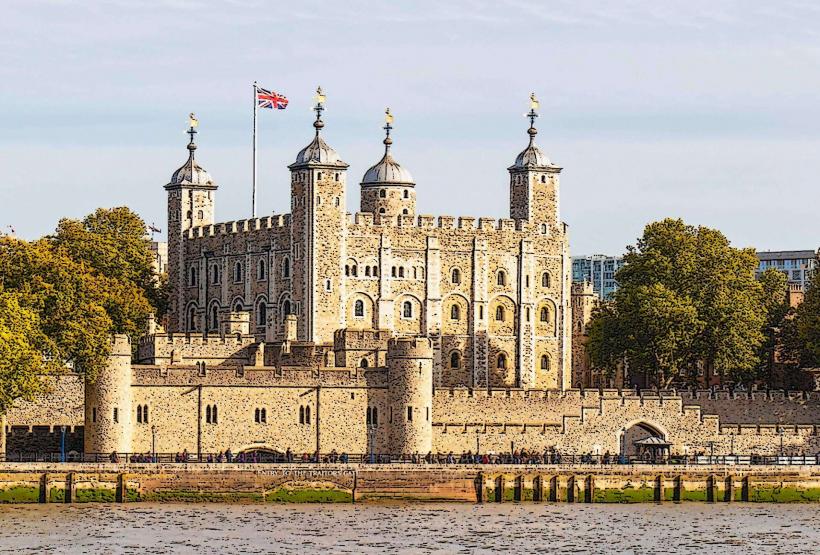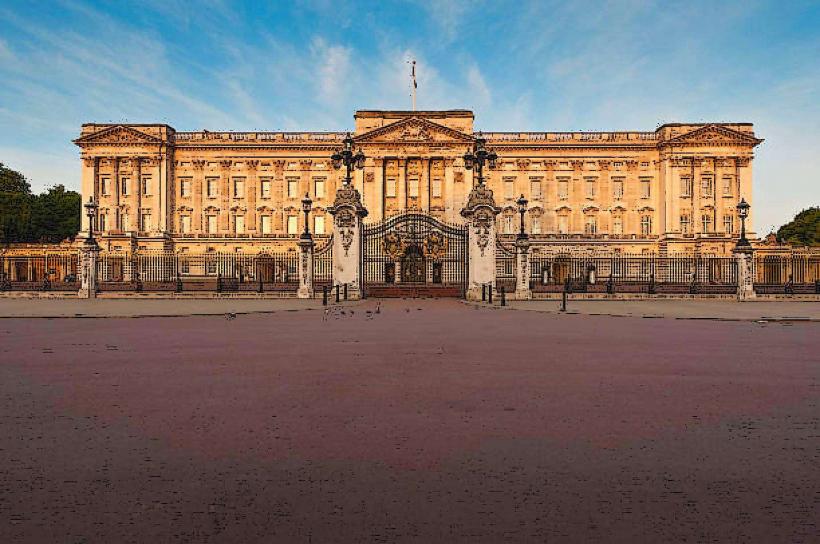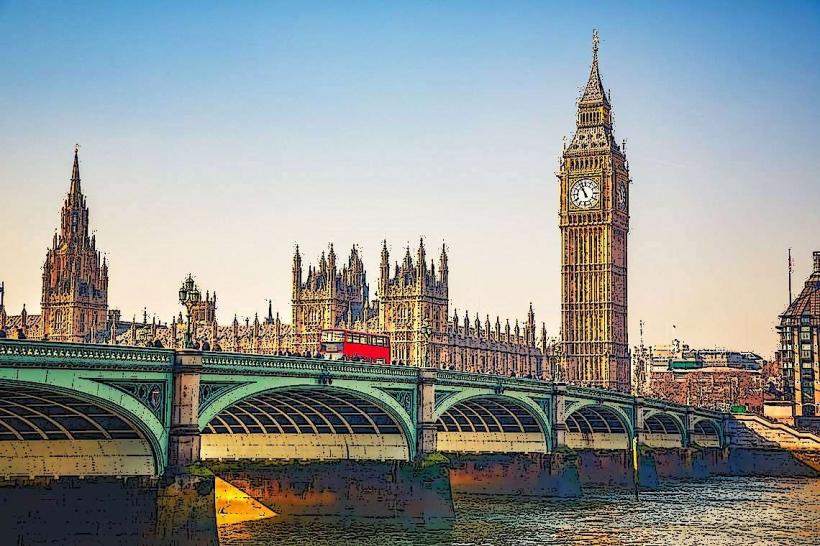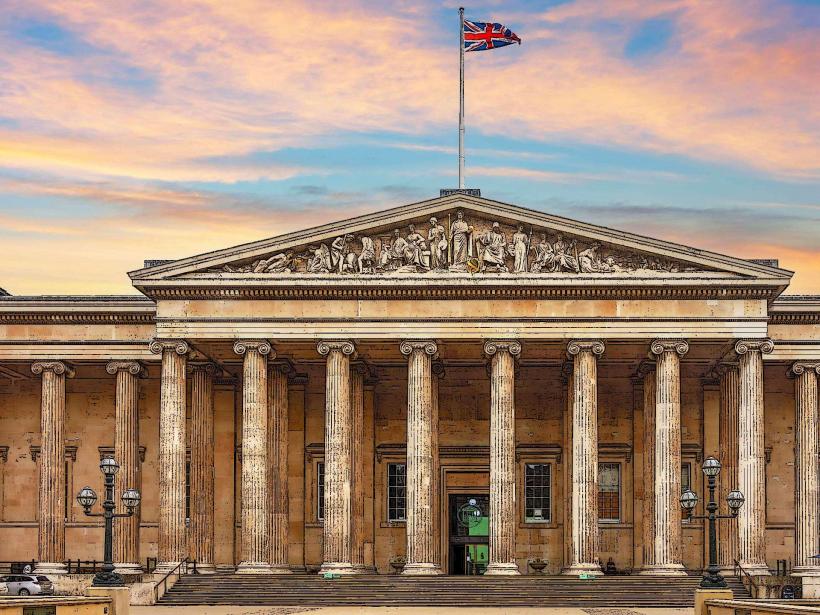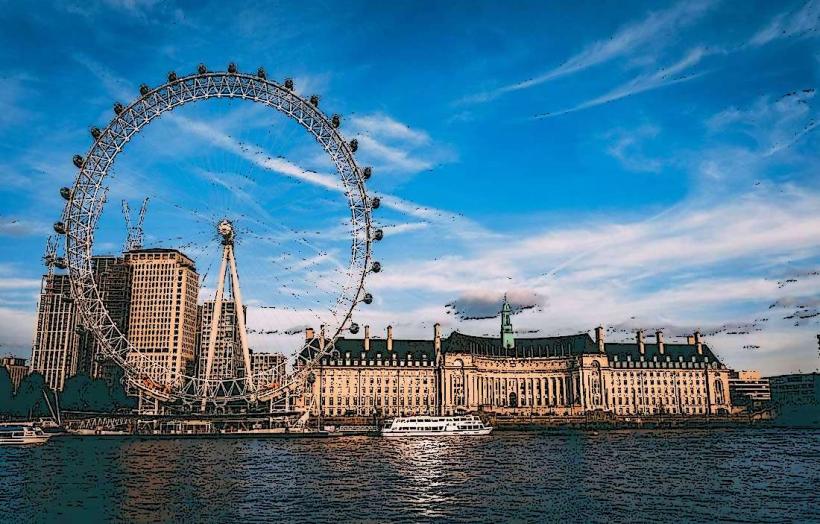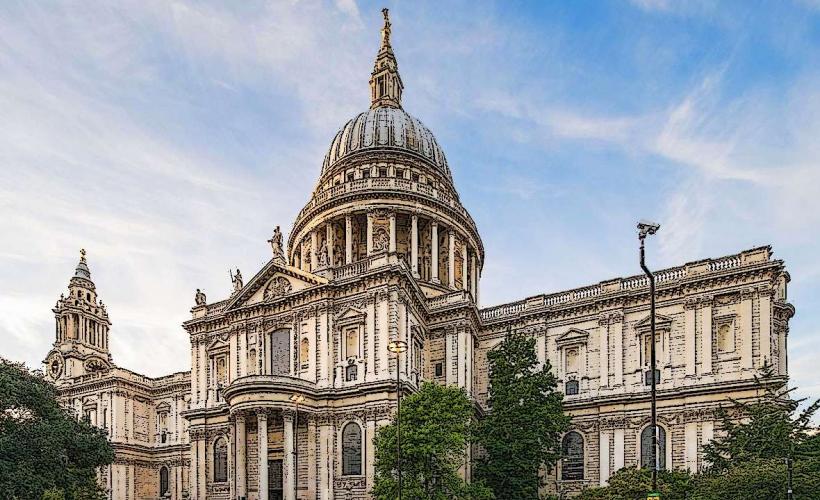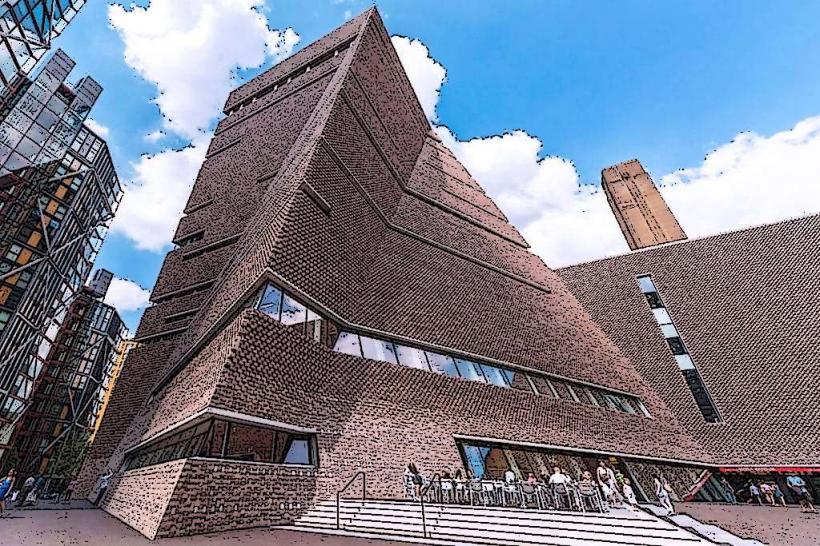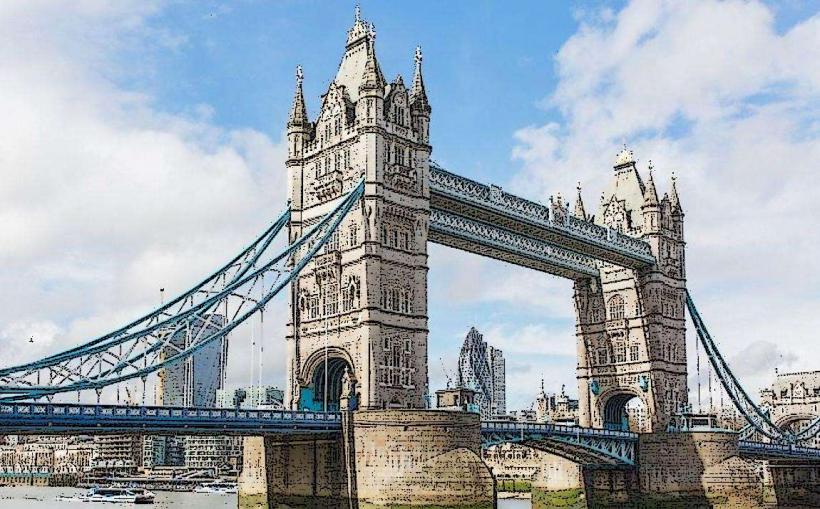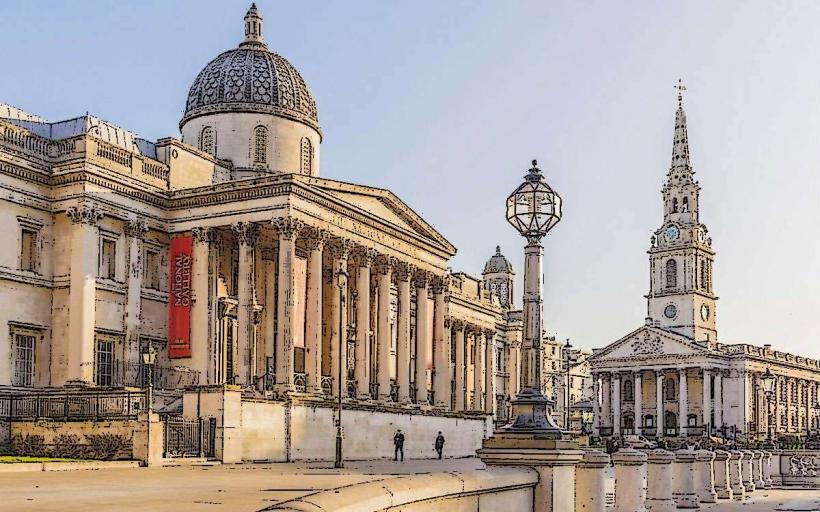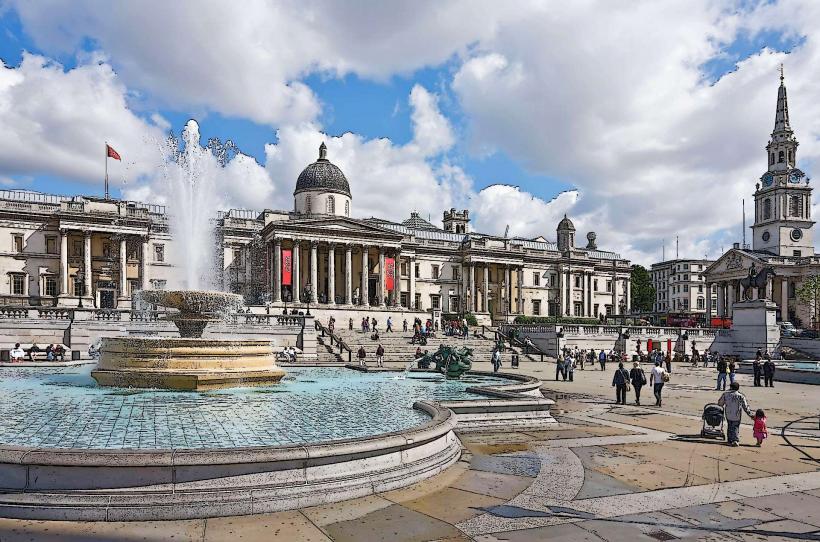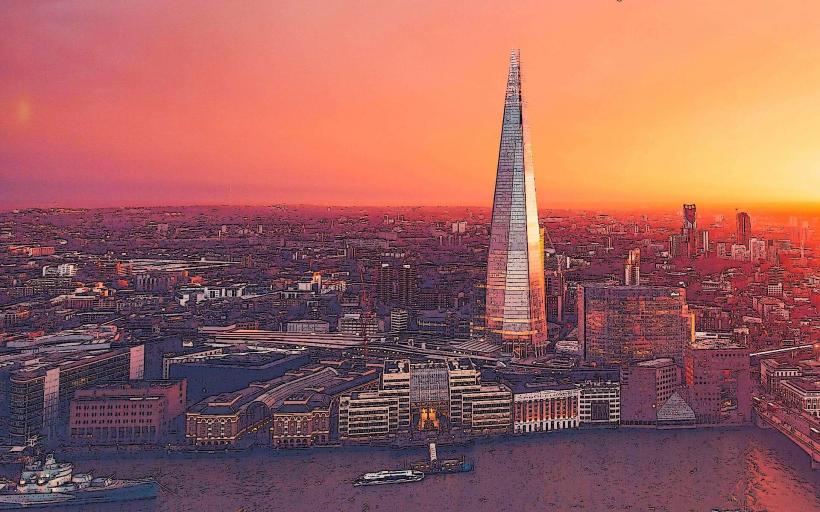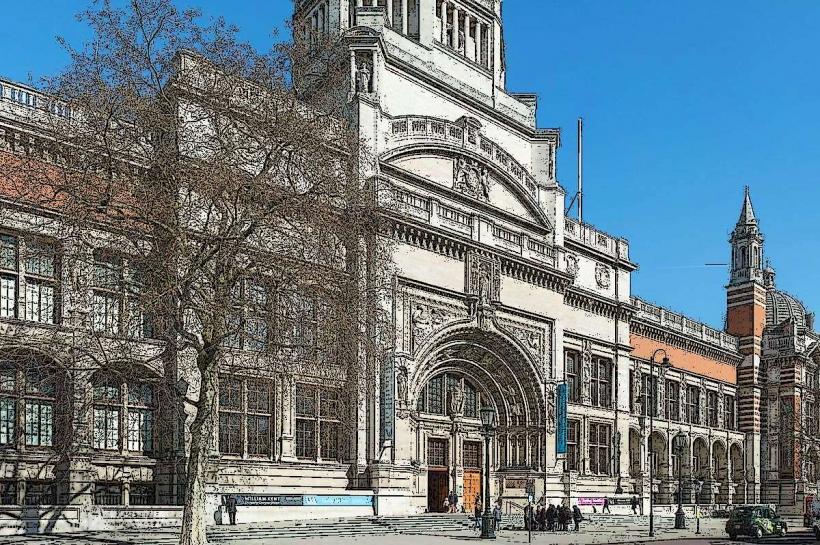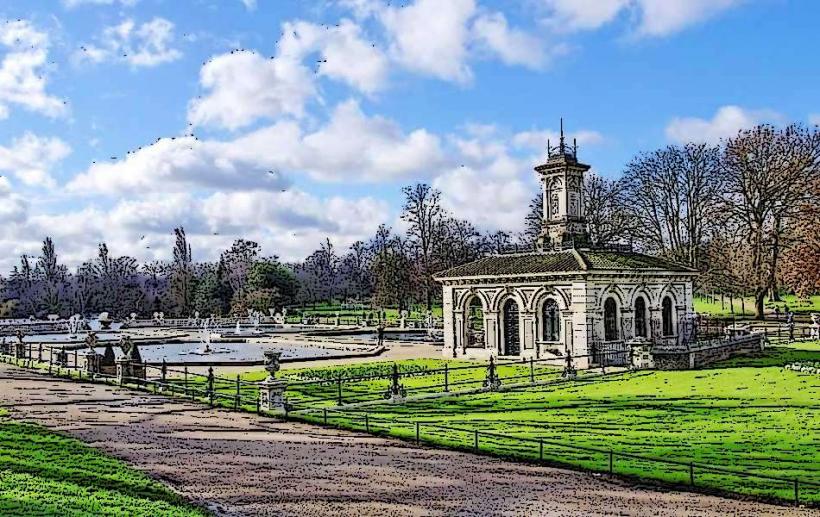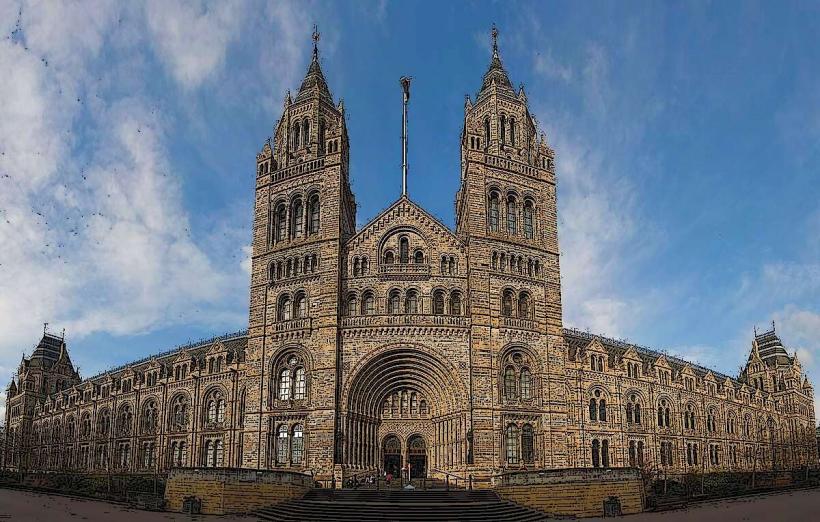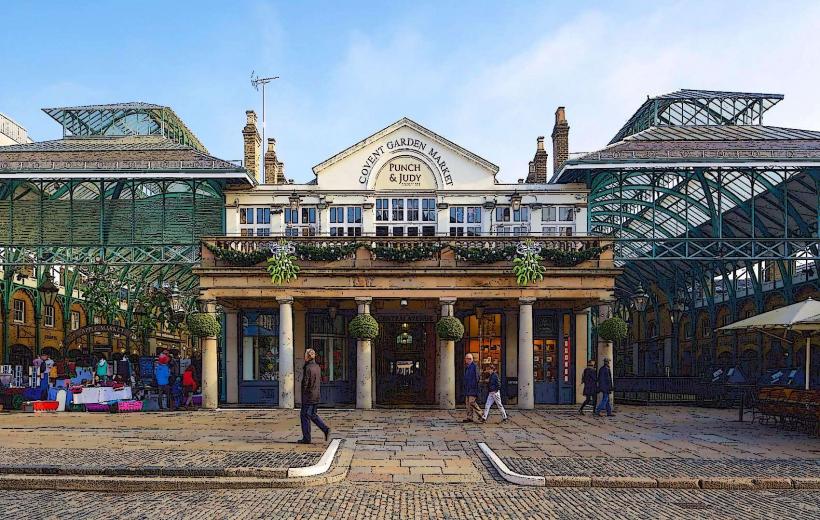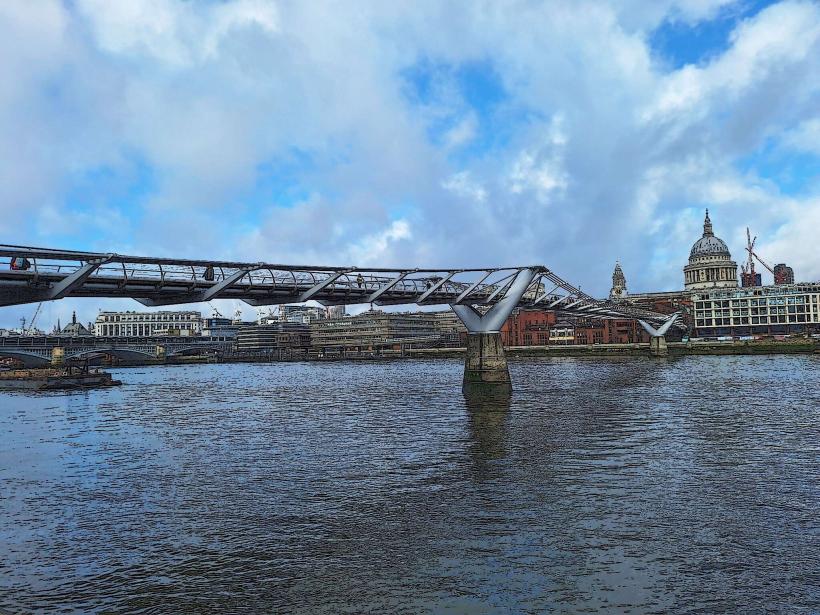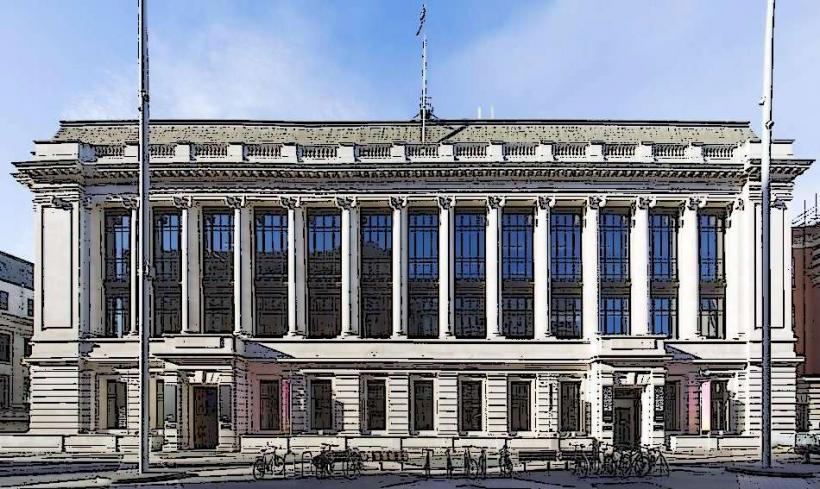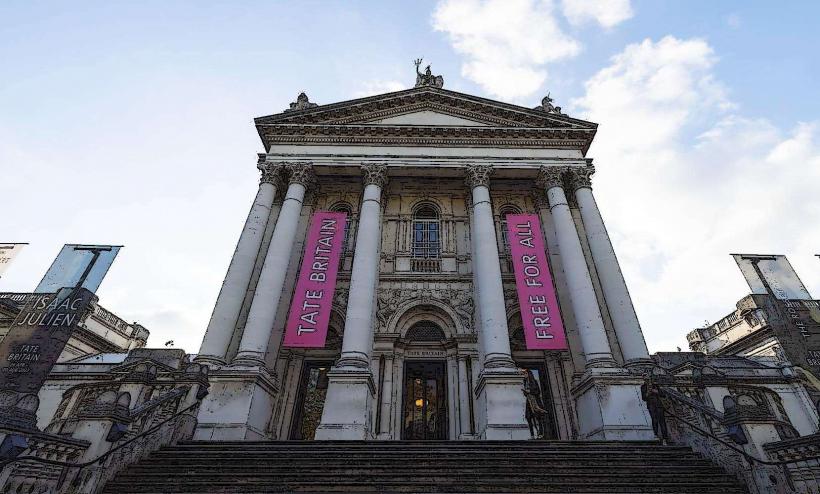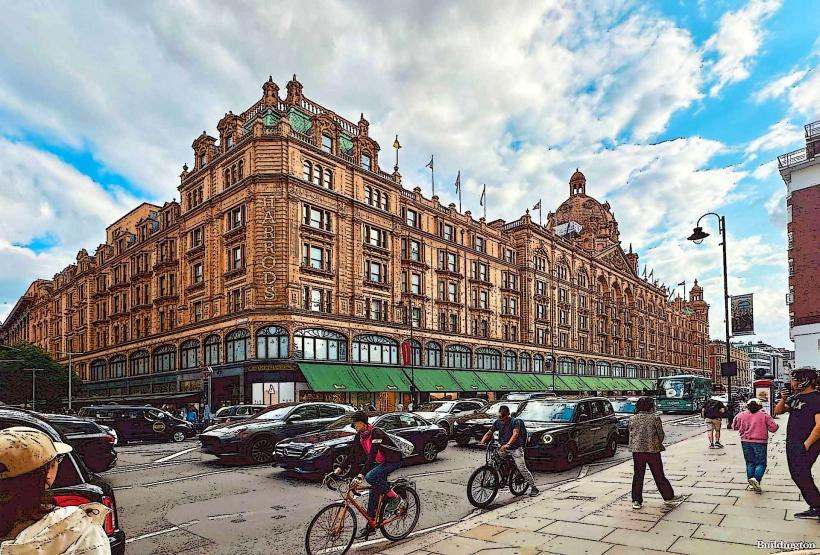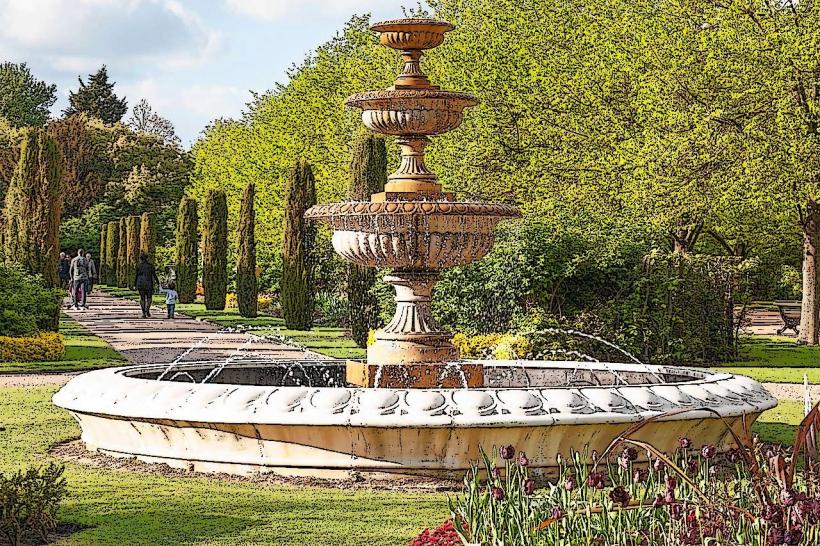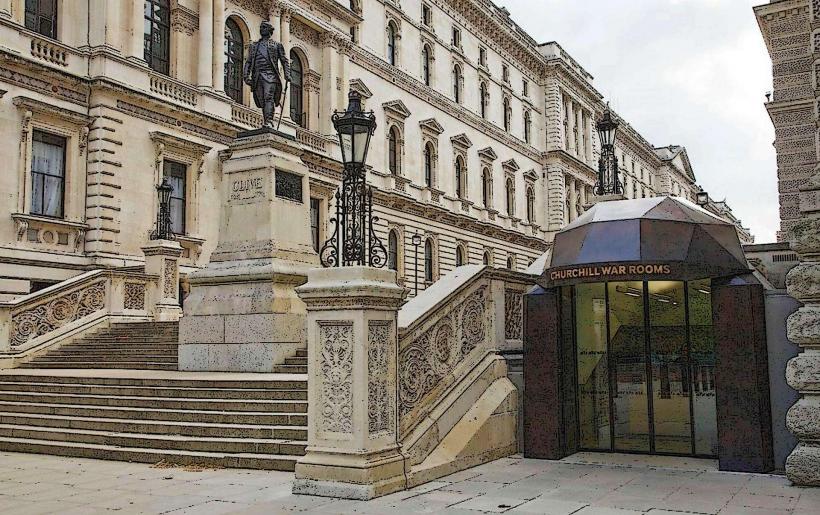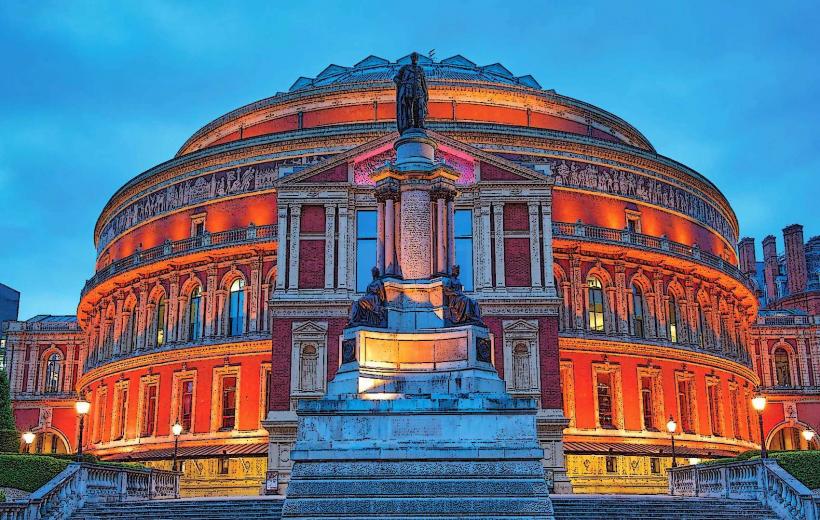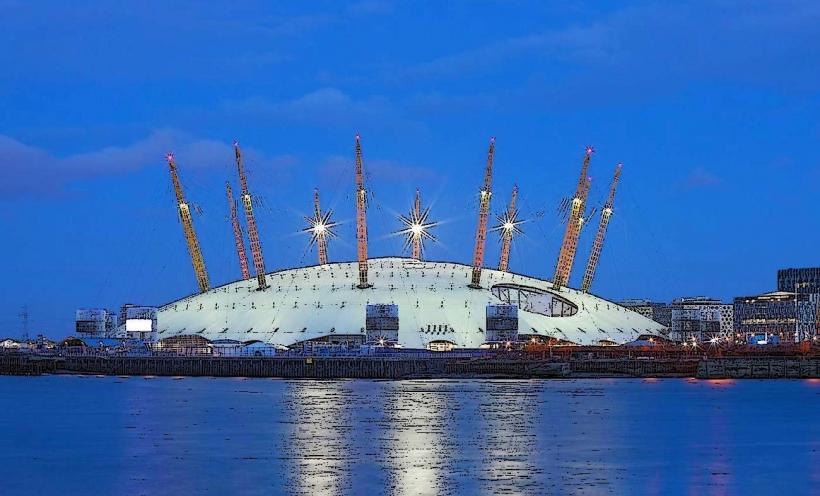Information
Landmark: Westminster AbbeyCity: London
Country: United Kingdom
Continent: Europe
Westminster Abbey, London, United Kingdom, Europe
Westminster Abbey is a royal church and a UNESCO World Heritage site, serving as the coronation and burial site for British monarchs.
Visual Characteristics
A prime example of Early English Gothic architecture. The structure is defined by its soaring vaulted ceilings, intricate stone carvings, and the iconic twin West Towers (added in the 18th century). The interior features the Lady Chapel with its complex fan vaulting and numerous stone monuments and effigies.
Location & Access Logistics
Address: Dean's Yard, London SW1P 3PA, United Kingdom.
Transit: 5-minute walk from Westminster station (Jubilee, District, and Circle lines) or St. James's Park station.
Hours: Monday–Friday 9:30 AM – 3:30 PM; Saturday 9:00 AM – 3:00 PM (seasonal variations). Closed to tourists on Sundays for services.
Admission: Approximately £30.00 for adults (online pre-booking recommended).
Historical Origin
Founded as a Benedictine monastery in the 10th century. The current building was begun by Henry III in 1245. It has hosted every British coronation since William the Conqueror in 1066 and has been the site of 16 royal weddings.
Key Highlights & Activities
Coronation Chair: One of the oldest pieces of furniture in the UK still used for its original purpose.
Poets' Corner: The burial place and memorial site for famous literary figures, including Chaucer, Dickens, and Shakespeare.
The Grave of the Unknown Warrior: A symbolic grave honoring the unidentified fallen of WWI.
Lady Chapel: Notable for its spectacular 16th-century fan-vaulted ceiling.
Infrastructure & Amenities
The Abbey is a place of worship; visitors must maintain a respectful atmosphere. Most areas are wheelchair accessible, though some older chapels have steps. Audio guides are provided in multiple languages. On-site facilities include the Cellarium Café & Terrace and a shop.
Best Time to Visit
Weekday Mornings: Immediately at opening to avoid peak crowds.
Evensong: Attend a choral service (usually 5:00 PM) to experience the building's acoustics for free.
Facts & Legends
Technical Oddity: The Abbey is a "Royal Peculiar," meaning it is under the direct jurisdiction of the Monarch rather than a Bishop or Archbishop.
Legends: It contains over 3,000 burials, including monarchs like Elizabeth I and scientists like Isaac Newton and Stephen Hawking.
Nearby Landmarks
Houses of Parliament – 0.1km East
Big Ben – 0.2km Northeast
St. James's Park – 0.4km West
Victoria Memorial – 0.9km West

